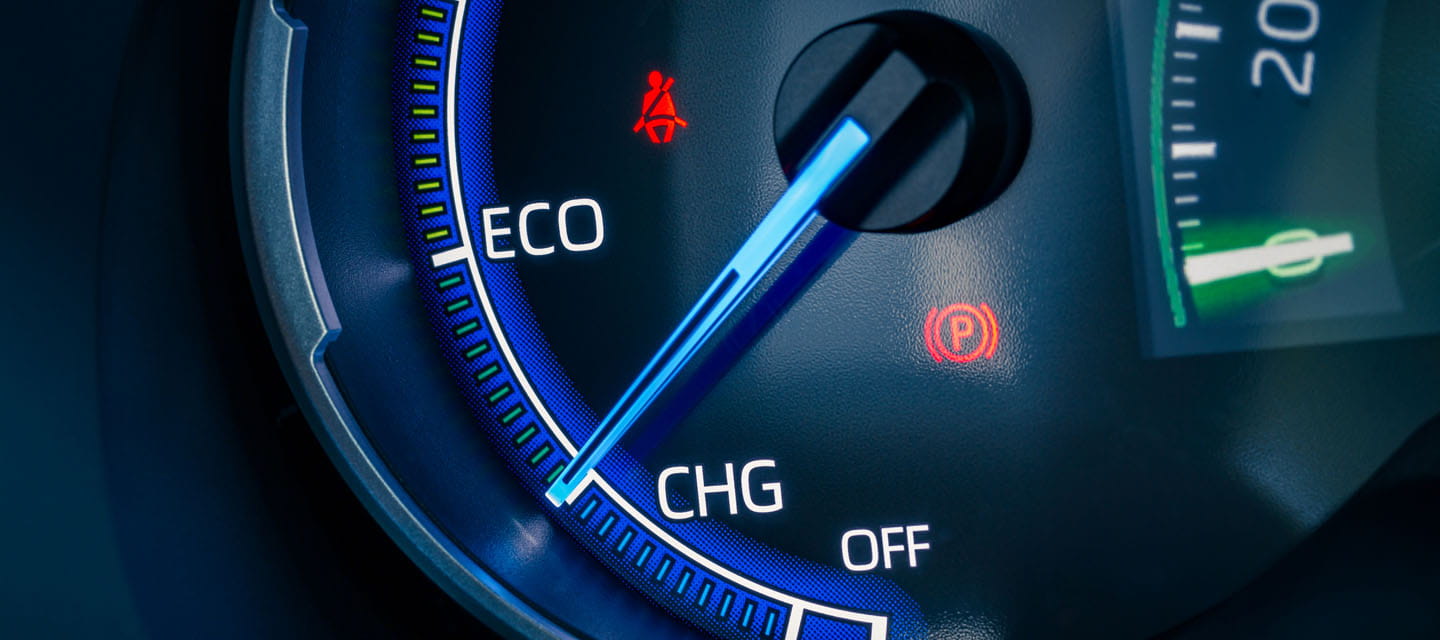
Saga's Automated Assistant
What product would you like to discuss today?
Saga's Automated Assistant
Do you currently have a policy with us?
How does your policy number appear on your documents?
When you’re looking at making the switch to an electric car, you need the confidence to know you can rely on your new wheels without any disruption to your lifestyle. You don’t want to find yourself stranded and waiting for a long charge when you have places to be and friends to meet.
Planning in electric car charging time is a new experience compared to filling up with fuel, but with a few simple changes to your driving plans you’ll soon get into the swing of it.
Electric car charging time is one of the issues that can put people off buying an electric car, especially if they’re concerned about the lack of fast charging facilities on their regular driving routes.
The time it takes to charge your car depends on the size of the car’s battery and the power output of the charger you’re using. But don’t worry, there’s a simple equation to put your mind at ease and help you work out the length of time it’s going to take you to recharge and continue your journey.
We’ll take a look at an example here. If you’re driving a Volkswagen ID.3 with a 58kWh battery, and you’re charging it at a 50kW power point, it will take just over an hour to charge.
If how long it takes to charge a car battery is what’s holding you back from going electric, let’s look at different ways to charge a car and how you might fit that into your schedule, from overnight charging at home to a quick boost when you’re out shopping.
The average time to fully charge an electric car could be as little as half an hour or more than 12 hours, depending on where and when you are charging. The higher the kW output of the charger, the faster a car charges – and the higher the price may be too.
There are three different main categories of chargers that you can use in the UK, and with the number of public charger locations rapidly increasing, you should have plenty of choice to keep topped up and moving.
Most electric car owners will use a combination of all of these methods to make sure they keep on the move and don’t let charging needs restrict their plans.
Charging at home isn’t fast when compared to the options available in public. Using a 7kW charging point at home, a typical electric car with a 60kWh battery will take just under 8 hours to charge from empty to full.
It is possible to upgrade to a 22kW charger at home, but this means you’ll have to install threeway power supply to support a higher voltage of electricity to your property. This can be expensive but if your electric car has a large battery and you have a high daily mileage, this may be something you need to consider.
You can also plug your car into a regular home socket, but this is the slowest way to charge and can take more than 24 hours to achieve a full charge, as they only provide 2-3kW of power.
With the right charger in place, the best time to charge an electric car at home is overnight, as you know you won’t be needing your car and you might be able to benefit from a lower electricity tariff to help keep the costs down.
Now you have a good idea of timings and how to work out how much time you’ll need to allow for charging your car, but there is also an environmental factor to bear in mind. That English favourite, the weather, can impact charging times and skew your calculations. Colder temperatures can slow the charging rate and reduce the overall range of your electric car, and this could have quite an impact in the winter months.
Experienced electric car drivers will use top-up charging to keep their cars ready to go. This would mean plugging in whenever you park, rather than waiting for a battery to completely run down before charging. You might top up while you’re at the supermarket or gym, plug in at work or get a quick fix at a service station when on a longer journey. Manufacturers actually recommend keeping the charge at 20-80% of capacity to prolong battery life, rather than fully charging.
Once you’re in the right mindset for electric charging rather than regular petrol or diesel refuelling, nothing will stop you enjoying the freedom, fun and versatility of a new electric car.
Saga Car Insurance is arranged and administered by Ageas Retail Limited and underwritten by Ageas Insurance Limited.
If you're looking for an electric vehicle policy, we offer car insurance for a variety of electric cars for people over 50.
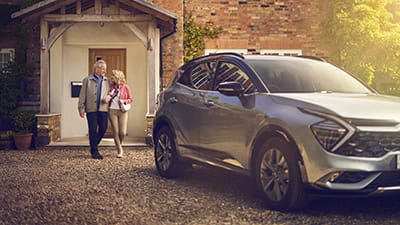

Choose our highest car cover level Saga Plus and freeze the price of your car insurance for 2 years if nothing changes. T&Cs apply.
There's plenty to explore and learn about our car insurance cover.
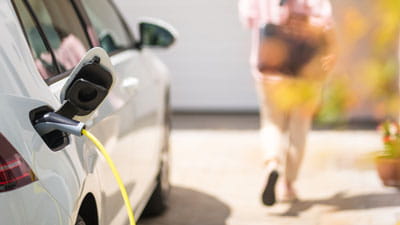
We make choosing the right electric car charger for your home and new car simple.
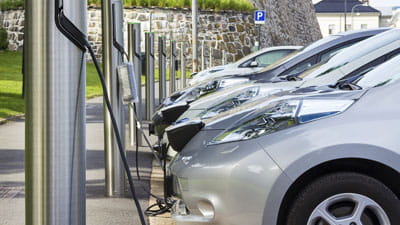
How much does it cost to charge an electric car, and how easy is it to stay topped up as you drive?
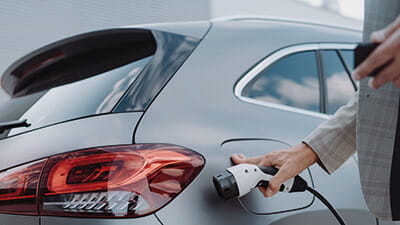
If you’re thinking of driving towards a greener future, here’s what you need to know about electric car insurance.

The UK has some of the best road trip destinations in the world. But which road trips are best suited to electric cars and the specific model you have? We’ve analysed things like distance and availability of charging points along the best roads the UK has to offer.

Get to know the ins and outs of our car insurance and how you can make the most of your cover
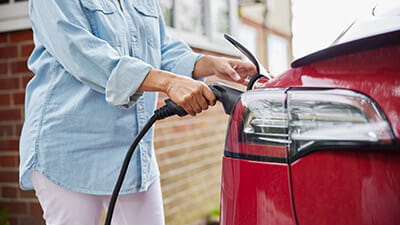
Leasing an electric car can be a flexible and affordable way to test out this new technology.
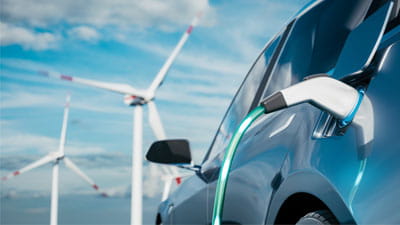
There’s lots of options to keep your electric car fully charged and ready to go so you can enjoy driving without worries.
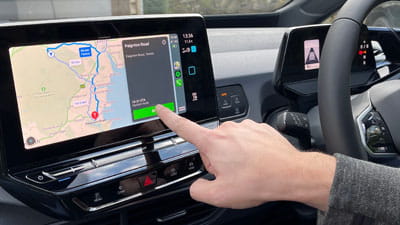
How do you know if your electric car charge is enough for your journey? We help you work it out.
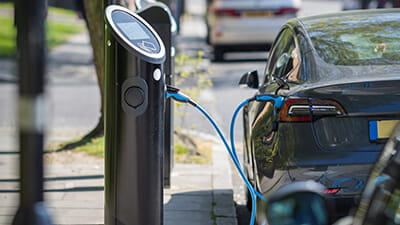
Discover the tax benefits that come with buying and driving electric cars.
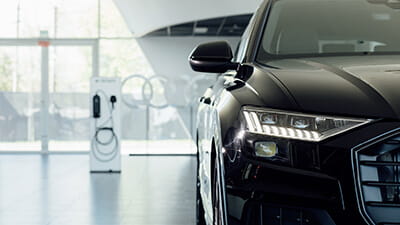
How much does an electric car really cost? Is it a cost-effective option to buy and run? Read on to find out more.